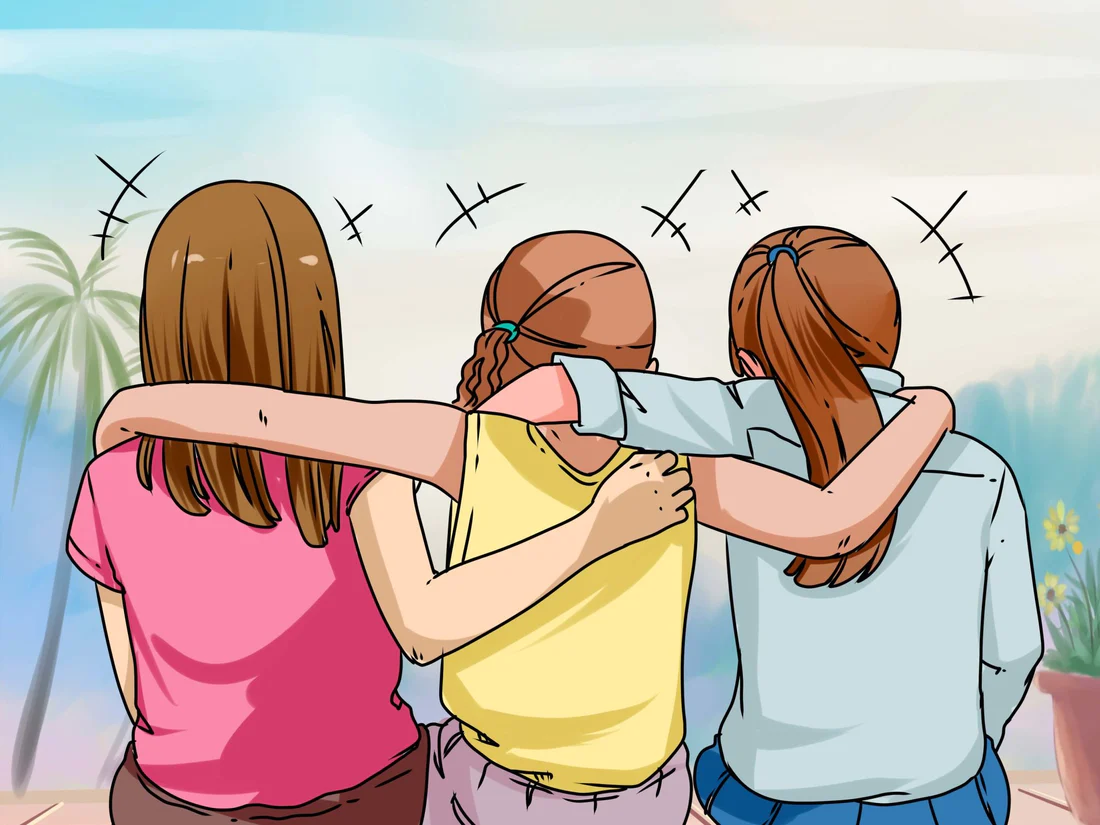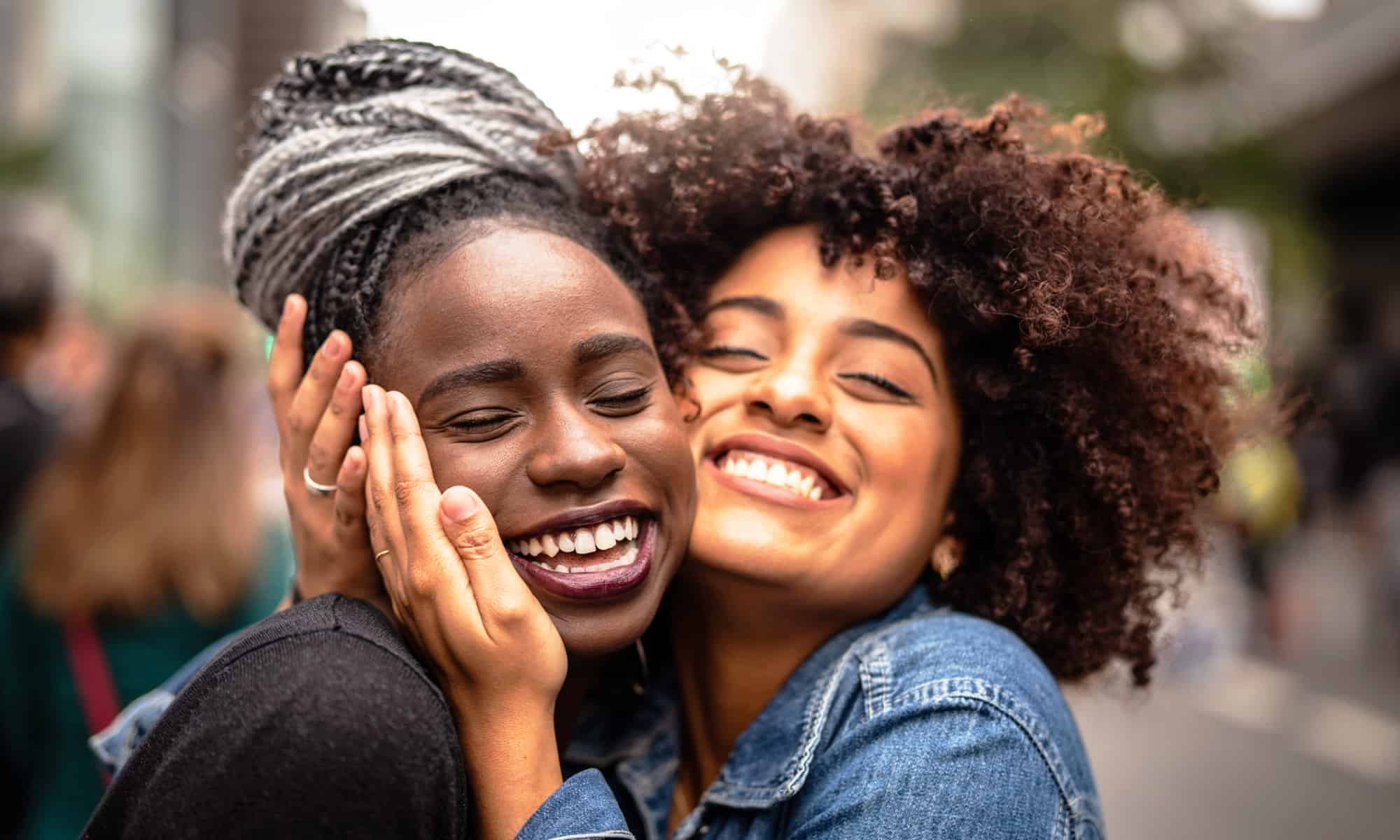Having good friends in life is one of the most valuable assets one can have. Friends provide emotional support, companionship, and a sense of belonging. They are there to celebrate our successes and offer a shoulder to lean on during challenging times. But, how to find good friends?
In this article, we will explore the importance of good friends in life and delve into various aspects that contribute to strong and lasting friendships.
Key Takeaways
- Good friends are important for a fulfilling life
- Acquaintances and best friends are different, and it’s important to understand the distinction
- Shared interests and hobbies can help build strong friendships
- Communication, authenticity, and vulnerability are key to building lasting friendships
- Trust, loyalty, forgiveness, and conflict resolution are essential for nurturing friendships over time.
The Importance of Good Friends in Life
Good friends play a crucial role in our overall well-being. Research has shown that having strong social connections can lead to increased happiness, reduced stress levels, and improved mental health. When we have someone we can rely on for emotional support, it helps us navigate through life’s ups and downs with greater ease.
Furthermore, friendships provide companionship and fun. Whether it’s going out for coffee or embarking on exciting adventures together, good friends make life more enjoyable. They bring laughter into our lives and create memories that last a lifetime.
Understanding the Difference Between Acquaintances and Best Friends
While acquaintances are people we know casually or have met briefly, best friends are those who hold a special place in our hearts. Best friends are individuals with whom we share deep connections built over time through trust, loyalty, shared experiences, and mutual understanding.
It is important to recognize the different levels of friendship as they develop naturally over time. Some friendships may remain at an acquaintance level due to limited interactions or lack of shared interests; however others may evolve into close bonds where both parties feel comfortable being vulnerable with each other.
Identifying Shared Interests and Hobbies
Shared interests play a significant role in fostering strong friendships as they provide common ground for bonding experiences. When you find someone who shares your passions or hobbies, it creates opportunities for meaningful connections beyond surface-level interactions.
To find friends with similar interests:
1) Join clubs or organizations related to your hobbies.
2) Attend events or workshops centered around your passions.
3) Utilize online platforms and social media groups to connect with like-minded individuals.
By actively seeking out people who share your interests, you increase the chances of forming deep and lasting friendships.
The Role of Communication in Building Strong Friendships
| Communication Type | Importance in Building Strong Friendships |
|---|---|
| Active Listening | Crucial for understanding and empathizing with friends |
| Honesty | Builds trust and fosters deeper connections |
| Openness | Encourages vulnerability and creates a safe space for sharing |
| Respect | Shows appreciation for friends and their boundaries |
| Consistency | Helps maintain strong friendships over time |
Effective communication is vital for building and maintaining strong friendships. It involves active listening, expressing oneself honestly, and being open to different perspectives. Good friends are those who can communicate openly without fear of judgment or misunderstanding.
To improve communication with friends:
1) Practice active listening by giving your full attention when they speak.
2) Express yourself honestly but respectfully, sharing your thoughts and feelings openly.
3) Be receptive to feedback and willing to address any misunderstandings that may arise.
By prioritizing effective communication, you create a safe space for open dialogue within your friendships.
Being Authentic and Vulnerable with Your Friends
Authenticity is the foundation of genuine connections. It involves being true to yourself and allowing others to see the real you. When we are authentic with our friends, it fosters trust and deepens our relationships.
Opening up can be challenging; however, it is essential for building deeper connections. Sharing personal experiences or vulnerabilities allows others to understand us on a more profound level while also encouraging them to reciprocate their own stories.
To be more authentic:
1) Reflect on your values, beliefs, and passions.
2) Share personal anecdotes or experiences that have shaped you.
3) Embrace vulnerability by expressing emotions honestly when appropriate.
By being authentic with our friends, we create an environment where everyone feels comfortable being their true selves.
The Benefits of Spending Quality Time Together
Spending quality time together strengthens bonds between friends as it provides opportunities for shared experiences and memories. Engaging in activities together fosters a sense of belonging while creating lasting connections through laughter, joy, or even overcoming challenges together.
To make the most of your time with friends:
1) Plan regular get-togethers or outings.
2) Explore new places or try new activities together.
3) Prioritize quality over quantity, focusing on meaningful interactions.
By investing time and effort into spending quality moments with friends, you cultivate a sense of togetherness that strengthens your friendships.
Supporting Each Other Through Life’s Challenges
One of the hallmarks of true friendship is being there for each other during life’s challenges. Good friends provide support, encouragement, and a listening ear when we need it most. They offer advice and help us navigate through difficult situations.
To be a supportive friend:
1) Be present and actively listen when they share their struggles.
2) Offer empathy and understanding without judgment.
3) Provide practical assistance if needed, such as helping with errands or offering a helping hand.
By supporting our friends through their challenges, we create an environment where everyone feels valued and cared for.
Trust and Loyalty: The Foundations of Lasting Friendships
Trust and loyalty are essential foundations for lasting friendships. When we trust our friends, we feel secure in confiding in them without fear of betrayal or judgment. Loyalty ensures that our friendships withstand the test of time by remaining steadfast even during difficult periods.
To build trust and loyalty in friendships:
1) Keep confidences shared by your friends.
2) Be reliable by following through on commitments.
3) Show up for your friends consistently during both good times and bad times.
By prioritizing trustworthiness and loyalty within our friendships, we create bonds that can weather any storm.
The Importance of Forgiveness & Conflict Resolution
Conflict is inevitable in any relationship; however, how we handle it determines the strength of our friendships. Forgiveness plays a crucial role in resolving conflicts as it allows us to let go of resentment or anger towards one another.
To resolve conflicts with friends:
1) Approach conflicts with an open mind and willingness to understand the other person’s perspective.
2) Communicate openly and honestly about your feelings, avoiding blame or defensiveness.
3) Practice forgiveness by letting go of grudges and focusing on finding a resolution.
By embracing forgiveness and actively working towards conflict resolution, we nurture our friendships and ensure their longevity.
Nurturing Your Friendships Over Time
Friendships require ongoing effort to thrive. As life gets busy, it is essential to prioritize nurturing our friendships by staying connected even when physical distance or other commitments come into play.
To stay connected with friends:
1) Schedule regular catch-up calls or video chats.
2) Plan reunions or trips together when possible.
3) Show interest in their lives by asking about their well-being regularly.
By making a conscious effort to stay connected, we demonstrate the value we place on our friendships.
Celebrating Milestones & Creating New Memories Together
Celebrating milestones together strengthens bonds between friends while creating new memories that will be cherished for years to come. Whether it’s birthdays, promotions, or personal achievements, being there for each other during these significant moments reinforces the importance of friendship in our lives.
To celebrate with friends:
1) Plan surprise parties or gatherings for special occasions.
2) Create traditions that you can continue year after year.
3) Take trips together to mark important milestones collectively.
By celebrating milestones together, we create a sense of belonging and shared history within our friendships.
Conclusion
In conclusion, good friends are invaluable in life. They provide emotional support, companionship, fun experiences while contributing positively to our overall well-being.
So, let us prioritize our friendships, put these tips into practice, and cherish the incredible bonds we have with our friends.
FAQs
What are some tips for finding good friends?
Some tips for finding good friends include joining clubs or groups that align with your interests, attending social events, volunteering, and reaching out to acquaintances.
Why is it important to have good friends?
Having good friends can provide emotional support, increase happiness and well-being, and improve overall quality of life.
What are some qualities to look for in a good friend?
Some qualities to look for in a good friend include trustworthiness, loyalty, honesty, empathy, and a positive attitude.
How can I maintain a strong friendship?
Maintaining a strong friendship involves regular communication, being supportive and understanding, being honest and open, and making time for each other.
What should I do if I am having trouble making friends?
If you are having trouble making friends, consider seeking out therapy or counseling to work on social skills and confidence. You can also try joining clubs or groups, attending social events, and reaching out to acquaintances.
Originally posted 2023-01-18 15:23:12.






